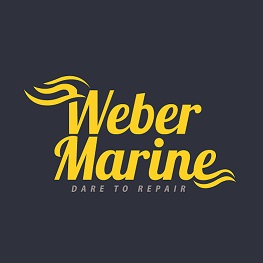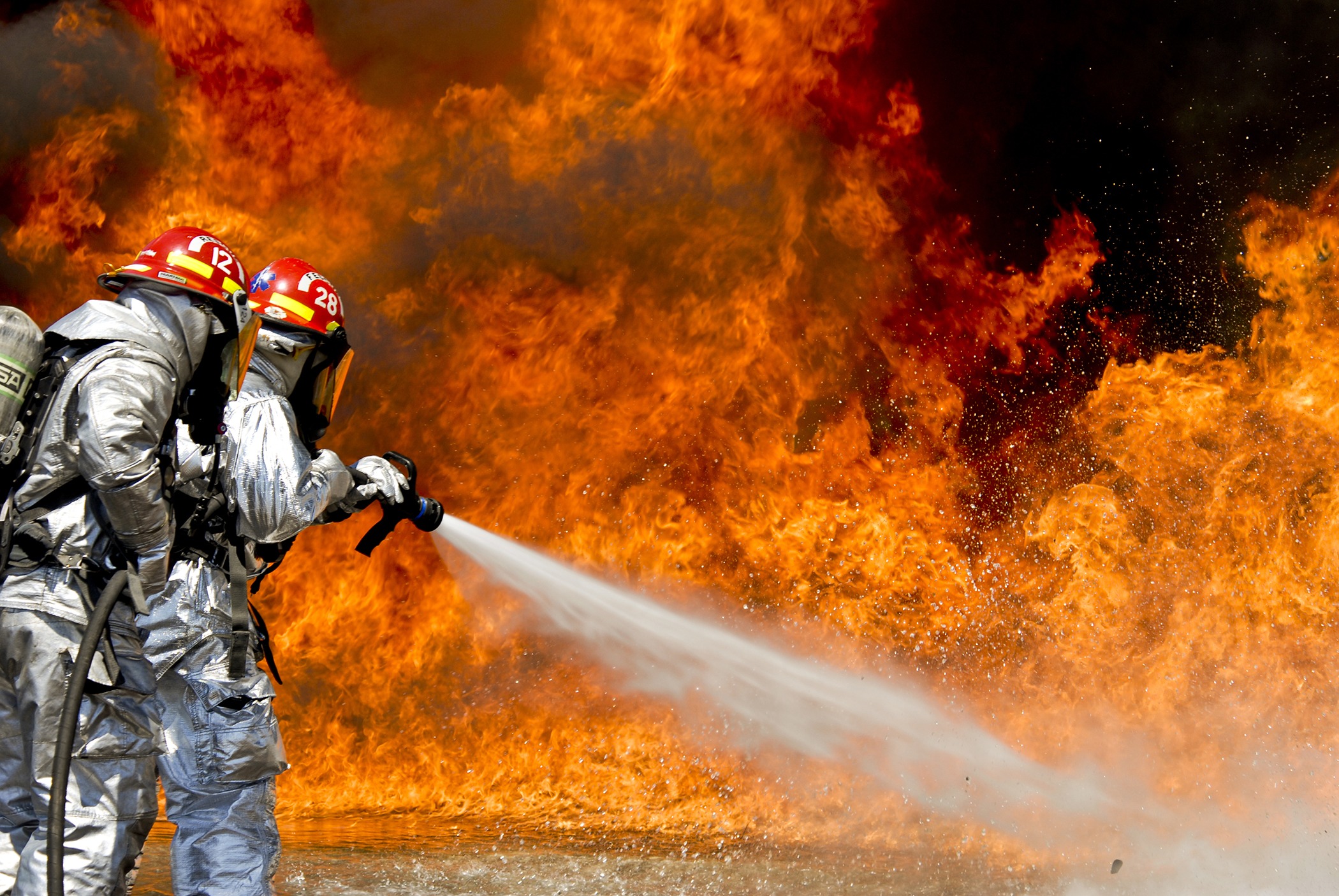A Fire Boat is a watercraft which is intended to be utilized as a part of firefighting. A Fire Boat can manage fires on board ships and close shore, and they can perform different tasks, for example, water rescue operations and quick response to the release of pollutants into the sea. Most ports have a fleet of fire boats which handles firefighting needs on the water.
Like different types of fire fighting device, a fire boat is outfitted with pumps, hoses, and nozzles which can be utilized to convey water to the site of a fire. One of the significant advantages of a fire boat is that it has an unending supply of water promptly to hand, and does not need to be associated with a tanker or a fire hydrant. Their pumps are capable of pushing out a critical volume of water, and they can shoot water high into the air to reach up a boat’s structure or to completely cover a warehouse or same facility on shore. Most fire boats are equipped with various hoses which can give coverage in all directions.
Fires in ports are frequently handled by fire boats, and fire boats can also help onshore firefighters. At the point when a city’s water supply become compromised, for instance, a boat fire may be called upon to pump water to help firefighters adapt to a fire. A few fire boats are also outfitted with ice breaking capabilities and they can help with clearing waterways in the winter in addition to reacting to fires. Fire boats may also have facilities for crisis responders like specialists and paramedics, and they can be utilized to transport staff to help with evacuations.
Prevent boat fire:
Boat fires are ludicrously rare. You’re much, significantly more likely to really die from an accident, plane crash or even a disastrous storm than you are to even be harmed from a watercraft fire.
Sure, that is one method. But when it comes to securing you, your family and your companions — and even your associate boaters — from fire, there are various and basic tips you can take to basically ensure you don’t become a measurement. Also, you’ll presumably find you feel great about hitting the water knowing you’ve taken action to make sure a boat fire — potentially one of the most frightening encounters believable — won’t happen to you.
Fueling Tips:
- Have passengers leave the boat and wait on the dock.
- Stopped all flames (kitchen stove, pilot lights, grills, and so forth.).
- Close all windows and openings to prevent fumes from entering the boat.
- While filling, keep the spout in contact with the tank to anticipate flashes.
- Do not stuff the tank, the fuel needs space to extend.
- Never smoke while fueling!
- After fueling, open all windows, doors and openings and run the fume blower for no less than four minutes.
- Before starting the engine, perform a “sniff” test of the bilge and motor compartment. If you smell gas, continue to utilize the blower until all fumes are no more.
Electrical tip
- Oftentimes check your electrical system and wiring for erosion and indications of wear, search cracked, weak, or stained insulation.
- Examine any shore power association lines before connecting them to your boat.
- Be cautious when utilizing heaters in enclosed spaces and don’t abandon them unattended.
Maintenance tips
- Stay aware of the maintenance on your boat.
- Check the fuel system, particularly the fuel lines. Check for wear, little splits or discoloration.
- If you have a metal tank, check for indications of erosion. If plastic, check for swelling or staining.
Other tips:
- Double the number and size of the flame extinguishers required for the boat.
- Ensure you know how to utilize them and examine them month to month.
- Stow every single combustible material in an area with great course, away from the engine compartment and any electrical associations
Following these tips may help boaters prevent a fire, as well as could help save lives.

